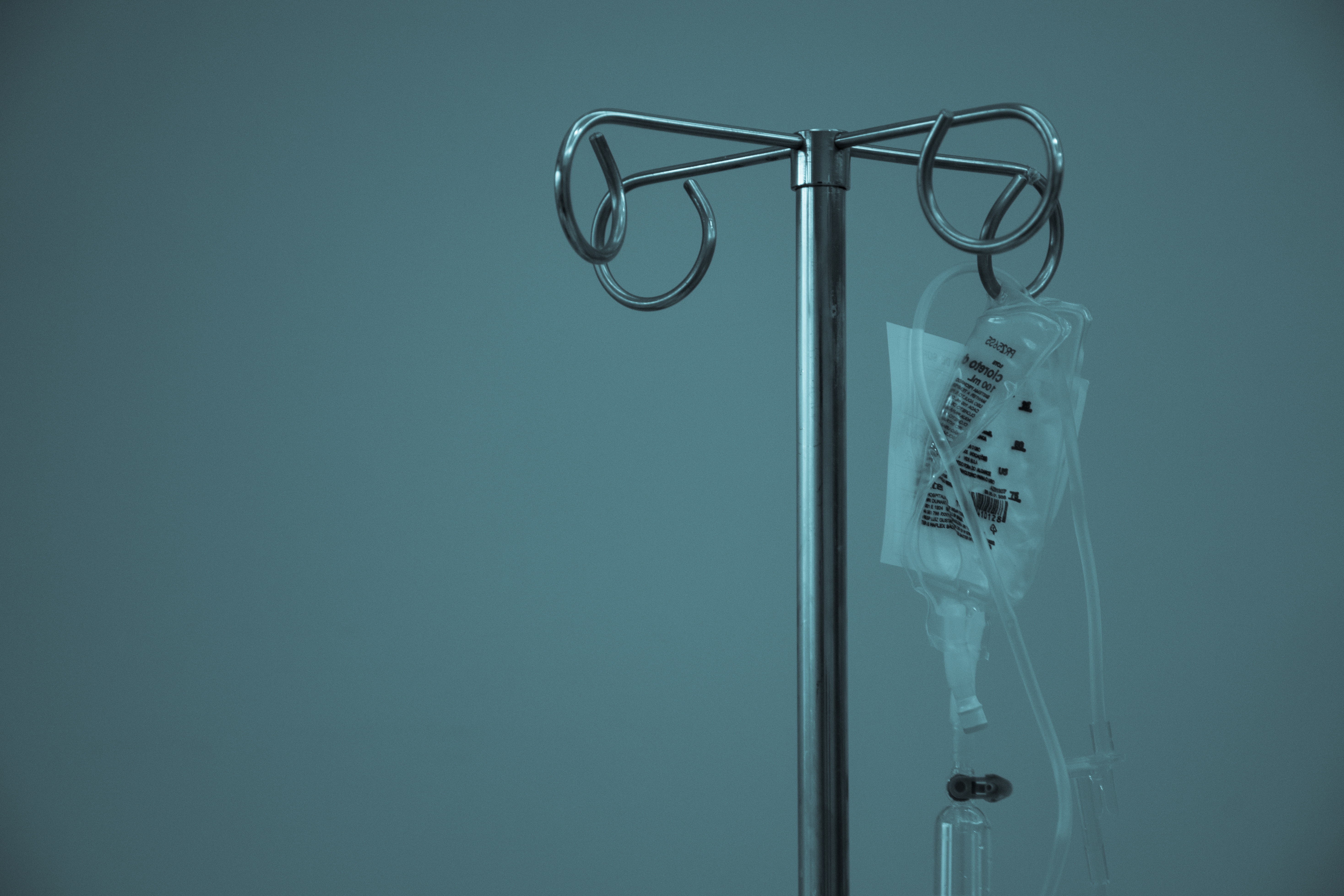Finding the right Denver drug interventionist can be a struggle. You have so many options, so where do you start? To make matters harder, searching for intervention services Denver is an emotional process. Whether you need the right drug intervention services for yourself or for someone you love, it’s hard to make that search without a sense of uncertainty and fear. When you search for drug interventionists in CO., know that you’re making a great first step. Sometimes, just beginning the search is the bravest part of the journey. While you make that search, it helps to know your options. Below, you’ll find some important information about addiction and your options in Denver. Read on to learn more and to find out how you can make the best choice.
Understanding Addiction
First of all, it’s important to know why addiction happens. Addiction isn’t a matter of poor willpower or moral failure. It’s a real, devastating mental health condition. It often requires long-term treatment which starts with drug and alcohol intervention.
The Beginning of Addiction
Addiction can start in a lot of ways. Sometimes, a nightly beer can turn into a lifelong addiction. Sometimes it begins with trying an illicit drug at a party or taking somebody else’s stimulants to study for exams. Often, though, it starts with a legal prescription. Certain drugs have more addictive potential than others. Opioids, sleeping pills, and benzodiazepines can all result in addiction.
Genetics also play a big role in addiction. Nobody truly knows why some people can have a glass of wine and not crave more while others can’t have a sip without ultimately binging. However, researchers do know that genetics have something to do with it. If one of your family members struggles with addiction, you’re more likely than the general population to have the same struggles. Furthermore, environmental factors also play a part. Those who grew up surrounded by drugs and alcohol are more likely to develop addictions themselves.
Brain Receptors and Feeling “Normal”
The brain has all kinds of receptors that process different chemicals. Drugs, to put it simply, make the brain overproduce these chemicals. For example, drugs like cocaine make the brain produce too much dopamine. Eventually, the brain will compensate by pruning back these receptors. With fewer receptors, the brain will require more and more of the drug to feel normal. Brain receptors can regrow and heal. However, an addicted person will need plenty of care and support during the healing process.
Withdrawal Symptoms
So, what happens when a person stops taking drugs? Well, remember that the brain’s receptors have gotten used to a certain amount of substances. In fact, the brain has started relying on that amount. As a result, the person who tries to quit drugs will experience a range of uncomfortable, even painful or dangerous symptoms. The symptoms depend on the drug of choice. Some will make the person excessively sleepy. Others will cause sleeplessness. Many will cause headaches, nausea, cramps, and other symptoms. If you’re going through these symptoms at a Denver rehab, the staff can support you through the pain and provide care.
Denver Interventions & Detox
When looking for a drug interventionist in Denver, try to find one that works closely with a detox program. Detox is especially important if your drug of choice is alcohol, opioids, benzodiazepines, or sleep medication. Detoxing from these drugs can be especially difficult and dangerous. During detox, your doctors may gradually wean you off the drugs. They can also provide alternate medication to ease your symptoms.
Drug and Alcohol intervention & Rehabs in Denver
After enlisting intervention services in Denver, other than detox, what else should you look for in a Denver rehab? It depends on what would work best for you. There are lots of rehab types that you can choose from. Let’s take a closer look at your options.
Free vs Paid
There are two main types of rehab: government-funded vs privately-owned. Now, the government-funded rehabs have the benefit of being free. However, they do have limitations. To go to a government funded rehab in Denver, you have to be a Colorado resident. Private rehabs don’t usually have residency restrictions. Furthermore, government rehabs don’t generally have the same quality as private rehabs.
Inpatient vs Outpatient
After working with a Denver alcohol and drug intervention specialist, next, you’ll need to decide if you want to go to inpatient or outpatient rehab. With outpatient rehab, you’ll live in your regular environment and go to rehab during the day. With inpatient rehab, you live in the facility for the duration of your treatment. There are pros and cons to both options. For example, some people prefer the comfort of their own homes while in rehab. On the other hand, inpatient rehab completely removes people from their old habits and temptations.
Holistic Rehab
A lot of rehabs in Denver provide holistic options. A holistic rehab treats the entire person: mind, body, and spirit. This means that they don’t necessarily provide medication. These facilities often offer classes in meditation and yoga. Holistic rehab environments aren’t for everyone, but some people do prefer this approach.
Faith-Based Rehab
Finally, those who come from a faith tradition or who want to explore their faith might choose a religious rehab. Sometimes, these rehabs are funded by churches or other religious groups, so they come with a lower price tag. In these environments, faith is a core part of rehabilitation and healing.
Benefits of Intervention Services Denver
Intervention provides the best way to initiate and reset, re-examine, and start the healing process. Drug and alcohol intervention in combination with a good rehab program provides perspective and tools that allow people to take charge of their healing.
Almost any interventionist and rehab can provide all of these benefits, but Denver is one of the best places for recovery. First of all, Denver provides a gorgeous setting. Denver’s beautiful views can give you an excellent backdrop for your recovery.
Next, Denver is full of highly educated and very caring professionals. Plenty of therapists and researchers here have dedicated their lives to serving people with addictions. Finally, you have lots of intervention and rehab options. Denver is a large, thriving city. If any of the above options appeal to you more than the others, you won’t struggle to find what you want in Denver.
Additional Options
In addition to intervention services, you can find other options in Denver, too. For example, you might seek group therapy or individual therapy. After Denver drug intervention, rehab generally lasts from one to three months, but seeking therapy after rehab can help you stay on track after rehab comes to an end. Some people find groups like AA or NA highly beneficial. In these groups, people share their struggles and support one another. Whatever you do, it’s always a good idea to keep seeking help after rehab ends. These tools will keep you from feeling isolated as you continue your recovery.
Finding Denver Drug & Alcohol Intervention Services
Now that you’ve gotten a closer look at addiction, intervention and rehab, how will you narrow down your choices? Whether you know exactly what you want or you’re just as lost as you were before, we’re here to help. At Substance Intervention, we help addicted individuals and their families find the intervention situation that will work best for them. Contact us today to let us know that you’re looking for intervention services in Devner. We’ll hear your situation and help you make the best choice. Visit our contact page . At Substance Intervention, we’re ready to listen.




Leave a Reply